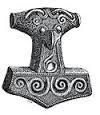

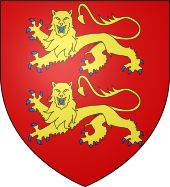
Order of the Holy Ghost (Ordre du Saint-Esprit) – Established by Henry III of France in 1578, this was one of the highest French orders of chivalry. It conferred noble titles, including baronies, to individuals who rendered distinguished service to the French crown, often in military or diplomatic capacities. The order was abolished in 1809 by Napoleon Bonaparte after the French Revolution. The Seigneur of the Fief of Blondel is a direct descendant of Charles de Valois and the Capet Dynasties who are the direct ancestor of Henry III. The Order of the Holy Ghost (Ordre du Saint-Esprit) was established in 1578 by Henry III of France as one of the highest French orders of chivalry. Its creation aimed to reward distinguished service to the French crown, particularly in military, diplomatic, and administrative spheres, while also reinforcing the Catholic faith during a period of religious and political conflict in France. Foundation and PurposeThe Order of the Holy Ghost was founded to honor those who rendered extraordinary service to the French monarchy and state. The order’s name was chosen to reflect the protection and divine blessing of the Holy Spirit, and it was intended as a symbol of loyalty to the crown. Members of the order were expected to uphold Christian values and were usually drawn from the nobility or those who had achieved significant merit. It was a prestigious honor, often seen as a pathway to higher social and noble status, and membership in the order was regarded as one of the highest marks of favor from the monarch. Though the order itself was associated with chivalric ideals, it was also strongly linked to the political and religious aspirations of the French monarchy. Ranks and TitlesThe Order of the Holy Ghost conferred several prestigious ranks, some of which were tied to noble titles. Below is a breakdown of the order's structure, and the noble titles associated with its membership:
Baronial Titles and Their SignificanceThe Order of the Holy Ghost granted baronial titles to several of its members, particularly those who were Commanders or Grand Cross knights. These titles were honorary and symbolic of the individual’s service and loyalty to the crown. In some cases, a knight or commander could be officially addressed as a baron (e.g., "Baron de l'Ordre du Saint-Esprit") as a recognition of their high rank within the order. Though these baronies were not hereditary, they elevated the individual’s status within the aristocratic social hierarchy.
Decline and AbolitionThe Order of the Holy Ghost continued to confer titles of nobility, including baronies, throughout the 17th and 18th centuries. However, after the French Revolution in 1789, which abolished much of the monarchy’s power and the traditional aristocracy, the order became obsolete. Despite attempts to revive royal honors, the order’s influence waned. Finally, in 1809, the order was abolished by Napoleon Bonaparte, who had already replaced many of France’s old aristocratic institutions with new orders of merit. Napoleon’s reforms did not include the traditional titles conferred by the Order of the Holy Ghost, and the title of Baron of the Order of the Holy Ghost ceased to exist as an official distinction. LegacyAlthough the Order of the Holy Ghost may have been formally abolished, its legacy lived on in the symbolism of French chivalry and in the French aristocracy, which continued to hold honorary titles even after the French monarchy was replaced. The baronial titles conferred by the order were considered high honors and are still remembered as part of the noble traditions of France. Many of those who were knighted or granted baronial titles by the order are still considered important figures in the history of French nobility. |
Seigneur de la Fief of Blondel Lord Baron Mentz of Fief Blondel Geurnsey Crown Dependency Seigneur Fief of Blondel George Mentz Lord Baron of Fiefdom Blondel Freiherr of Fief Thomas Blondel Feudal Lord of Baronnie - Noble Fief Barony Friherre > Order Holy Ghost Seigneurs and Dames Travel Research Lord Paramount Feudal Barons The Seigneur Order Patron George Mentz Charter of Liberties Deed & Title Fief Blondel Islands Viking Kingdom Fief Worship Fiefs of the Islands ECS Extended Continental Shelf Styles and Dignities Territorial Waters Blondel Privy Seal Fief Bouvees of Fief Thomas Blondel Guernsey Court of Chief Pleas Fief Court Arms Motto Flower Fief de l'Eperon La Genouinne Kingdom of West Francia Fief DuQuemin Bouvée Phlipot Pain Bouvée Torquetil Bouvée Bourgeon Bailiwick of Ennerdale Channel Island History Fief Direct from the Crown A Funny Think Happened On the Way to the Fief Guernsey Bailiwick of Guernsey - Crown Dependency Confederation des Iles Anglo-Normandes Sovereignty Papal Bull Research Links Norse Normandy Order of the Genet Order of the Genet Order of the Star Est. 1022 Knights of theThistle of Bourbon Count of Anjou Fief Rights Blondel and King Richard Press Carnival Manorial Incidents Appointments of Seigneurs Store Portelet Beach Roquaine Bay Neustrasia Columbier Dovecote Fief Blondel Merchandise Fief Blondel Beaches Islands Foreshore Events Fiefs For Sale Sold Lords of Normandy Fief Coin Viscounts de Contentin Fief Blondel Map Feudal Guernsey Titles Board of Trustees The Feudal System Hereditaments Chancellor Flag & Arms Fief Videos Guernsey Castle Sark Contact Advowson Site Map Disclaimer Freiherr Livres de perchage Lord Baron Longford Income Tax Guernsey Valliscaulian Order Saint Benedict of the Celestines Society of Divine Compassion Dictionary Count of Mortain Seigneur de Saint-Sauveur Seigneur of Fief Ansquetil Top Success Books Datuk Seri George Mentz Order St. Benedict OSB Celestines Order of the Iron Crown Order of the White Falcon Colonel Mentz Order Red Eagle Order St. Louis Order Holy Ghost Order of Saint Anthony Order of the Black Swan Order of St Columban Order of the Iron Helmet Livonian Brothers of the Sword Fief treizième and Direct from Crown Valuation Fief Blondel Prince of Annaly Teffia
Feudal Lord of the Fief Blondel of the Nordic Channel Islands Guernsey Est.
1179
Feudalherr - Fief Blondel von der Nordischen Insel Guernsey Est. 1179
New York Gazette - Magazine of Wall Street -
George Mentz -
George Mentz - Aspen Commission - Mentz Arms
Counselor George Mentz Esq. - Seigneur Feif BlondelBaron Annaly Baron Moyashel Grants to Delvin About Longford Styles and Dignities The Seigneur Court Barons Fiefs of the Islands Longford Map The Island Lords Market & Fair Fief Worship Channel Island History Fief Blondel Lord Baron Longford Fief Rights Fief Blondel Merchandise Events Blondel and King Richard Fief Coin Feudal Guernsey Titles The Feudal System Flag & Arms Castle Site Map Disclaimer Blondel Myth DictionaryMentz Scholarship Program 101 Million Donation - Order of the Genet Knighthood |
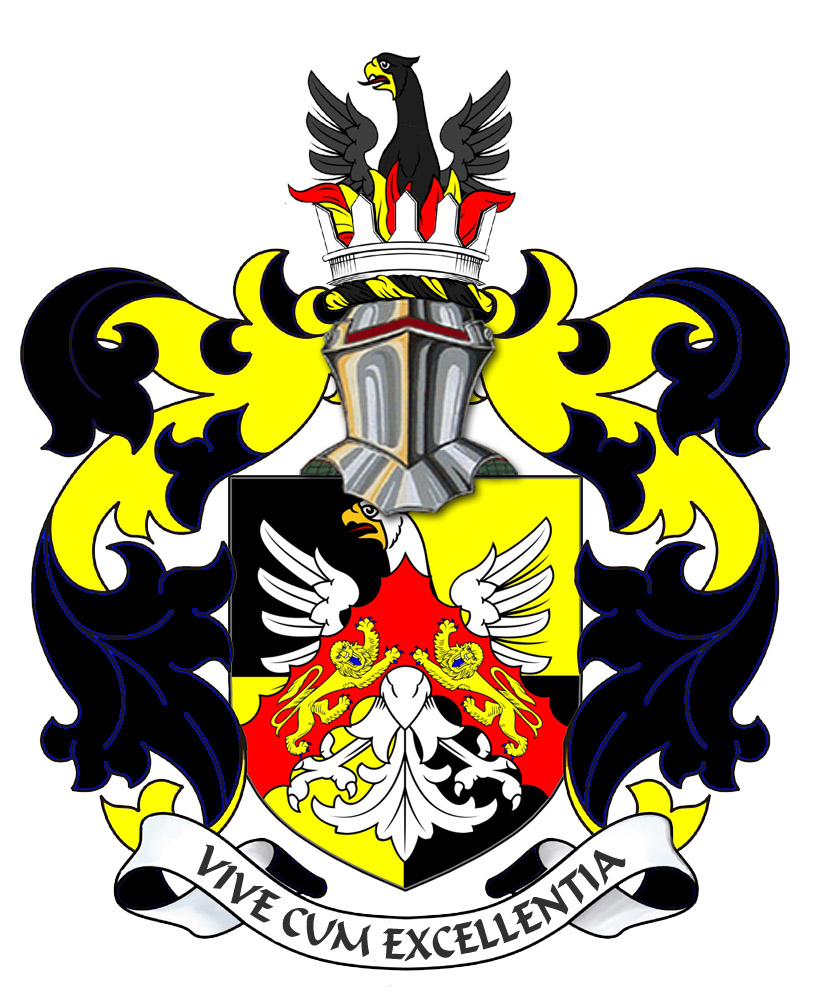
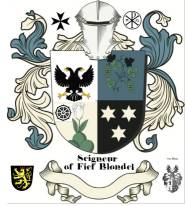
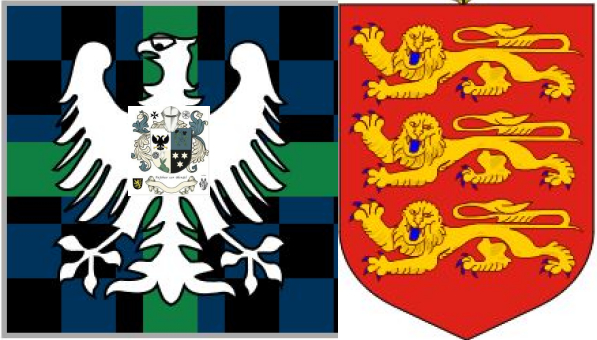
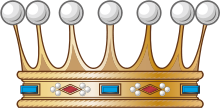
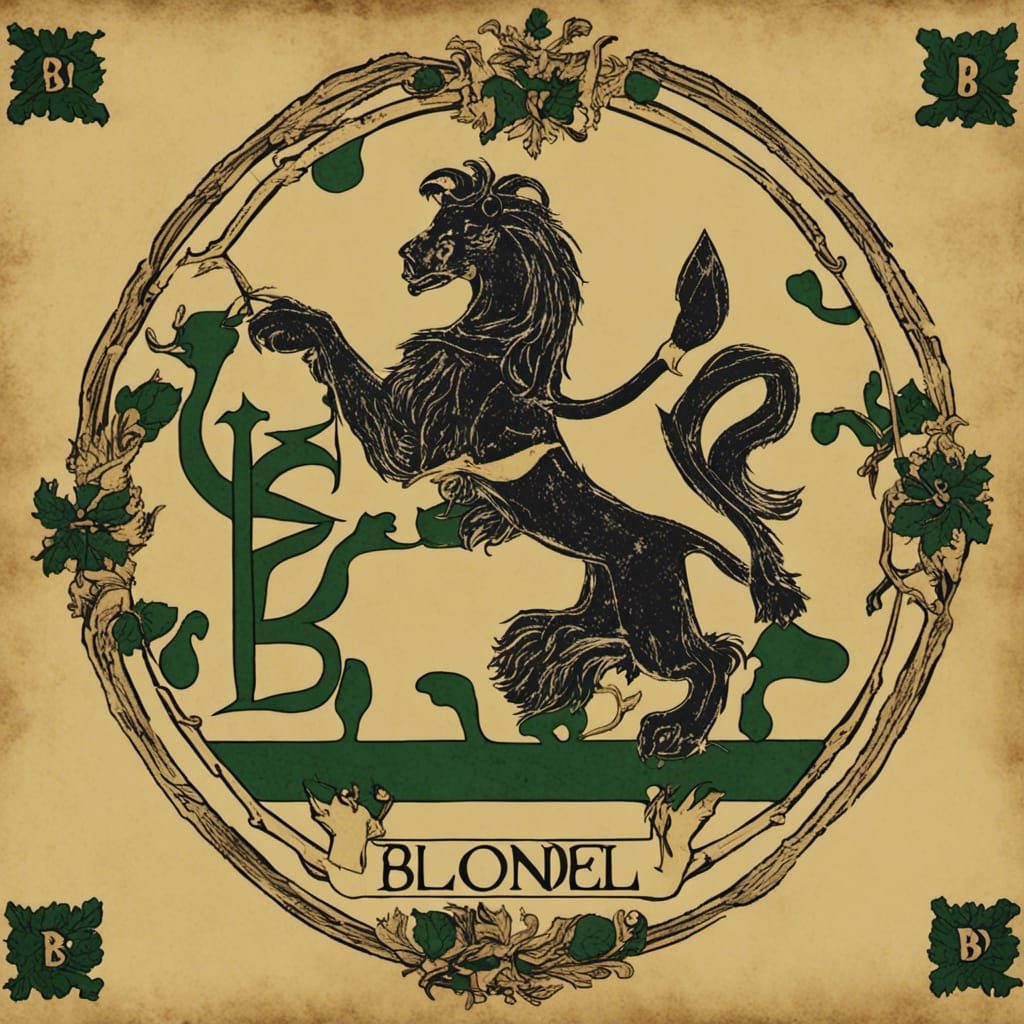
George Mentz Education -
Commissioner George Mentz
-
https://finance.yahoo.com/news/commissioner-george-mentz-clinches-influencer-180000705.html
-
George Mentz News -
George Mentz Net Worth - George Mentz Noble Tilte -
George Mentz -
George Mentz Trump Commissioner -
George Mentz Freiherren Count Baron -
George Mentz Global Economic Forum -
George Mentz Donates Millions